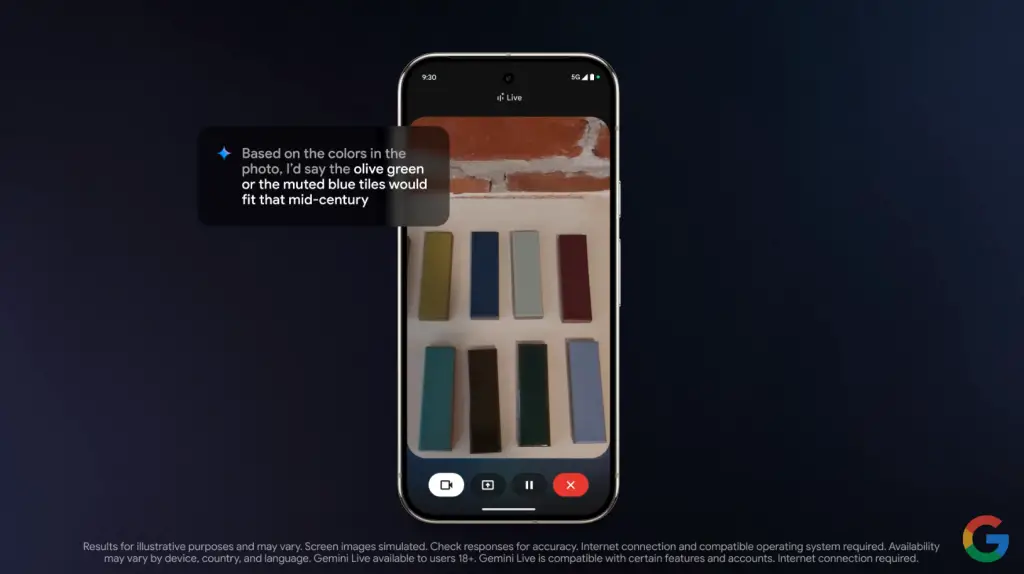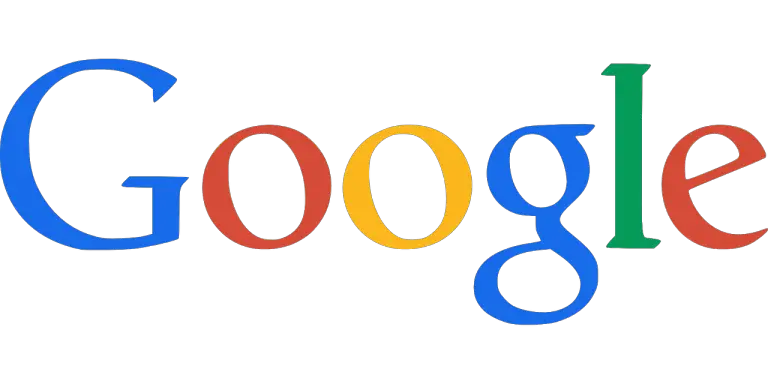
Google has come under fire from human rights advocates and concerned parents following the launch of a controversial new initiative: the Gemini chatbot, powered by artificial intelligence, is now accessible to children under the age of 13. Civil society organizations have already filed a formal complaint with the U.S. Federal Trade Commission (FTC), alleging that the program violates federal regulations governing children’s online privacy.
As part of Google’s Family Link service, parents received notifications informing them that their children would now be able to use Gemini to converse and complete schoolwork—including generating stories, songs, and poems. Children with parent-managed Google accounts can now interact with the AI directly. Parents, however, are merely notified after the fact, with the option to disable access only once the child has already begun using the service.
The Electronic Privacy Information Center (EPIC) and advocacy group Fairplay issued a strongly worded letter to the FTC, condemning Google’s approach. They argued that the company deliberately circumvented legal requirements mandating “verifiable parental consent” before collecting or utilizing children’s data. In their view, a mere notification does not equate to the legally binding process of consent.
Moreover, Google’s own letter acknowledges that children may encounter inappropriate content and concedes that Gemini “may make mistakes.” Parents are advised to instruct their children not to input personal or sensitive information into the chatbot and to approach AI-generated responses with critical thinking.
While Google provides instructions on how to disable access to Gemini, participation in the program is enabled by default. To opt out, parents must take deliberate action—making it an “opt-out” system rather than one based on prior consent.
Google has declined to comment on the controversy. Meanwhile, the FTC has reiterated the importance of safeguarding children’s privacy and voiced concerns about the scope of data collection and processing involving minors. Officials noted that the updated Children’s Online Privacy Protection Act (COPPA) will take effect on June 23.
In written testimony to Congress, the Chair of the FTC affirmed that the collection, sharing, and storage of children’s data entails significant risks, and reminded stakeholders that under COPPA, online services that knowingly engage with users under the age of 13 must obtain verifiable parental consent before initiating any data-related activity.
In addition to their FTC complaint, EPIC and Fairplay also issued a separate letter to Google CEO Sundar Pichai, demanding an immediate halt to the rollout of Gemini for younger users. They warned that generative AI and chatbots may have detrimental effects on children’s mental health and social development.
Google maintains that children’s data will not be used to train AI models. Nevertheless, advocates insist that the company has provided no meaningful guarantees that the information will not be repurposed internally or shared with third parties.

